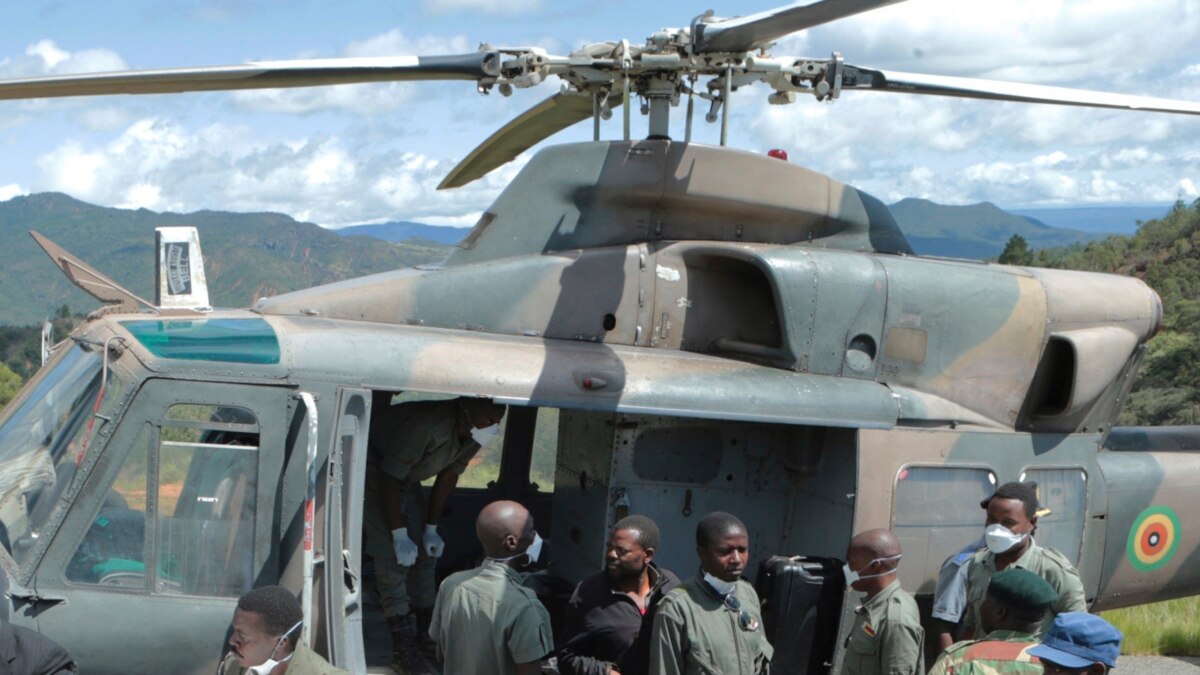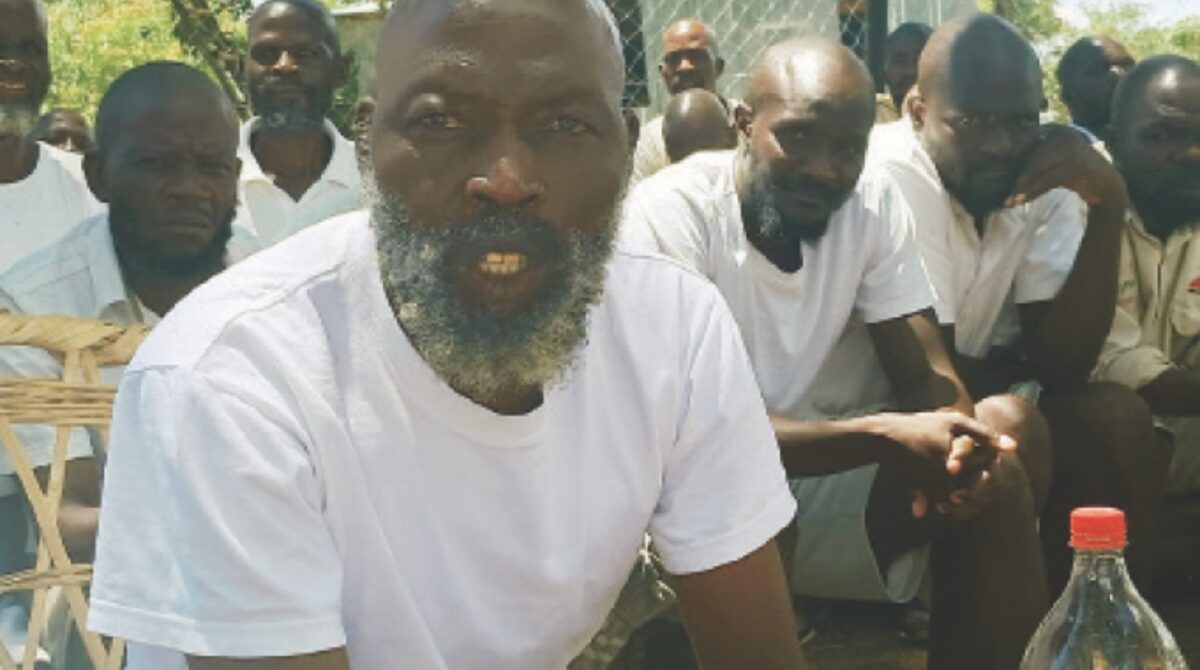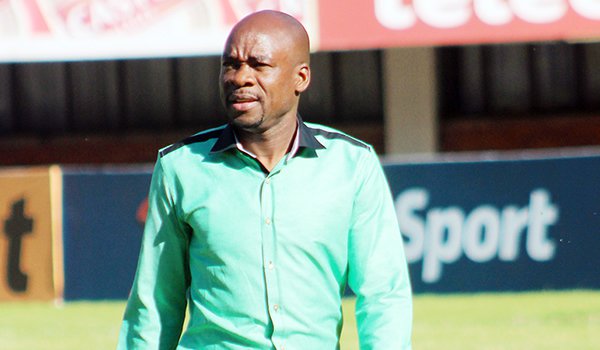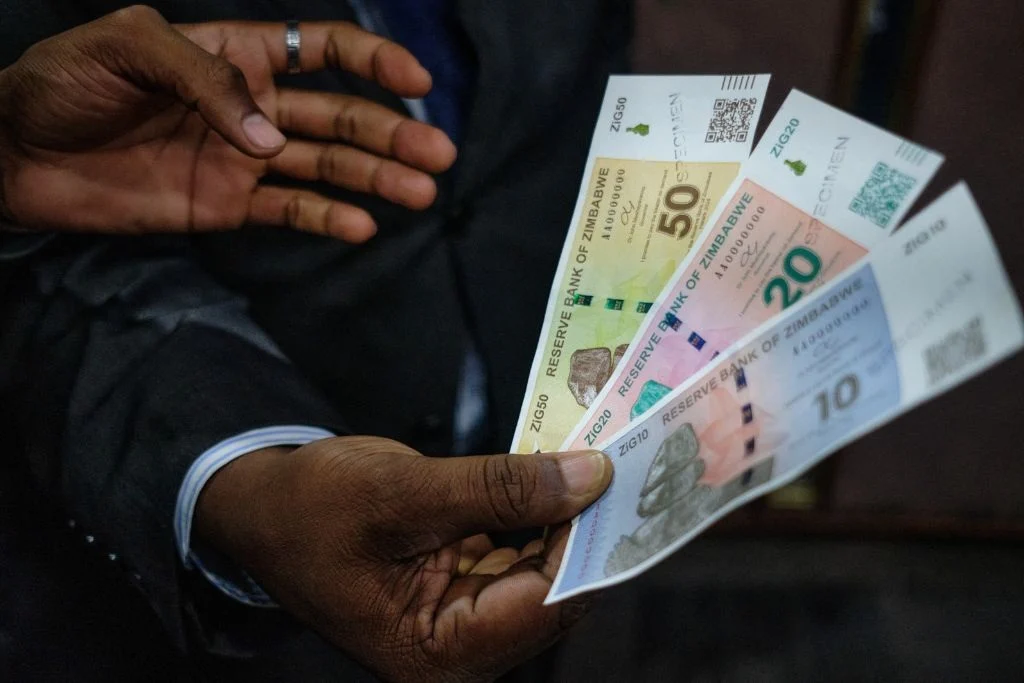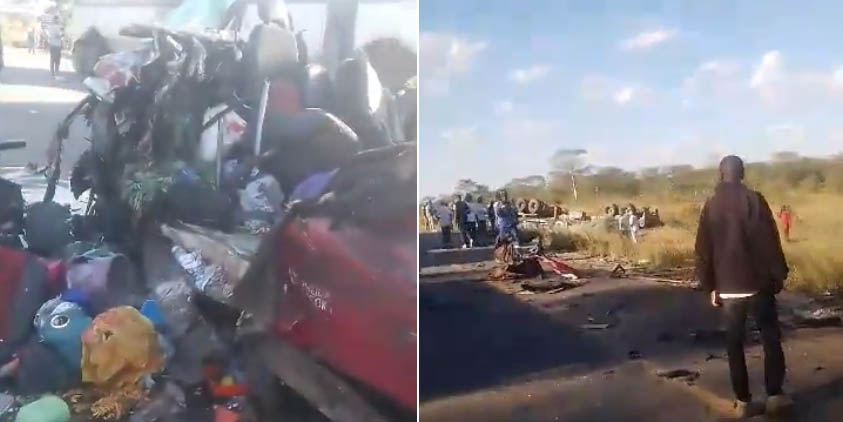HARARE – Zimbabwe’s military is operating on “unserviceable and outdated equipment” in what puts the country at a constant security cliff through possible failure to respond sufficiently to unforeseen threats within its territory, parliament has heard.
At a 2024 pre-budget expectations indaba, Beitbridge East legislator Albert Nguluvhe, speaking in his capacity as Defence, Home Affairs, Security Services and War Veterans committee chair, said military equipment such as motor vehicles, helicopters, aircrafts and other ground equipment was now old and overused.
“The majority of military motor vehicles have been overused,” he said.
“New military equipment such as helicopters, aircrafts and other ground equipment is required to enhance the capability of the organisation to deal with any situation in times of unpredictable calamities.
“Existing equipment will indeed, become unserviceable.”
Nguluvhe, who as legislator, is privileged with inside information on the operations of the Zimbabwean military, added, “The committee implored the treasury to mobilise resources for the purchase of new equipment and maintenance of vehicles, technical and office equipment, and the acquisition of fuel, oils and lubricants.
“Military procurement allows the ZDF to acquire the most appropriate equipment, technology and systems.
“Through procurement, the ZDF can upgrade its operational platforms, replace antiquated equipment and stay technologically current.
“This is crucial for maintaining a modern, effective and capable defence force that can repel attendant security threats.
“Regrettably, this area has not received enough attention over the years as reflected by unserviceable and outdated equipment in ZDF’s inventory.”
The Zanu PF lawmaker said “a funded and equipped defence force acts as a deterrent against potential adversaries”.
“This will help to deter potential threats and protect the country`s citizens and borders from external aggression.
“An allocation of ZWL16,036 billion or 24.88 percent that was made for maintenance of physical infrastructure against a bid of ZWL64,642 billion can hardly meet the 2024 requirement.
“The ZWL93,68 billion allocated for fuel, oil and lubricants against a bid of ZWL217,17 billion need an upward review given the nature of unavoidability of most ZDF operations and related activities.”
At the time he made the presentation, the exchange rate was at US$1:ZWL5,700.
In 2021, a Zimbabwe Air Force helicopter crashed into a house in Arcturus, killing three crew members and a child at the crash site.
Similarly, early this year, an Air Force of Zimbabwe SIAI-Marchetti SF-260 (AFZ) trainer aircraft crashed in the Mlezu College general area, near Gweru, killing two pilots.
Both accidents were blamed on technical faults.
In 2021, Zimbabwe media reports said private aircraft had been sneaking in and out of the Robert Gabriel Mugabe (RGM) International Airport and other Zimbabwean flight ports without detection due to poor air traffic control.
While this was a Civil Aviation Authority of Zimbabwe duty, the country’s military also has collaborative interest in monitoring the country’s airspace.
During late President Robert Mugabe’s tenure, the Zimbabwean military used to get the highest allocation from the public purse.
